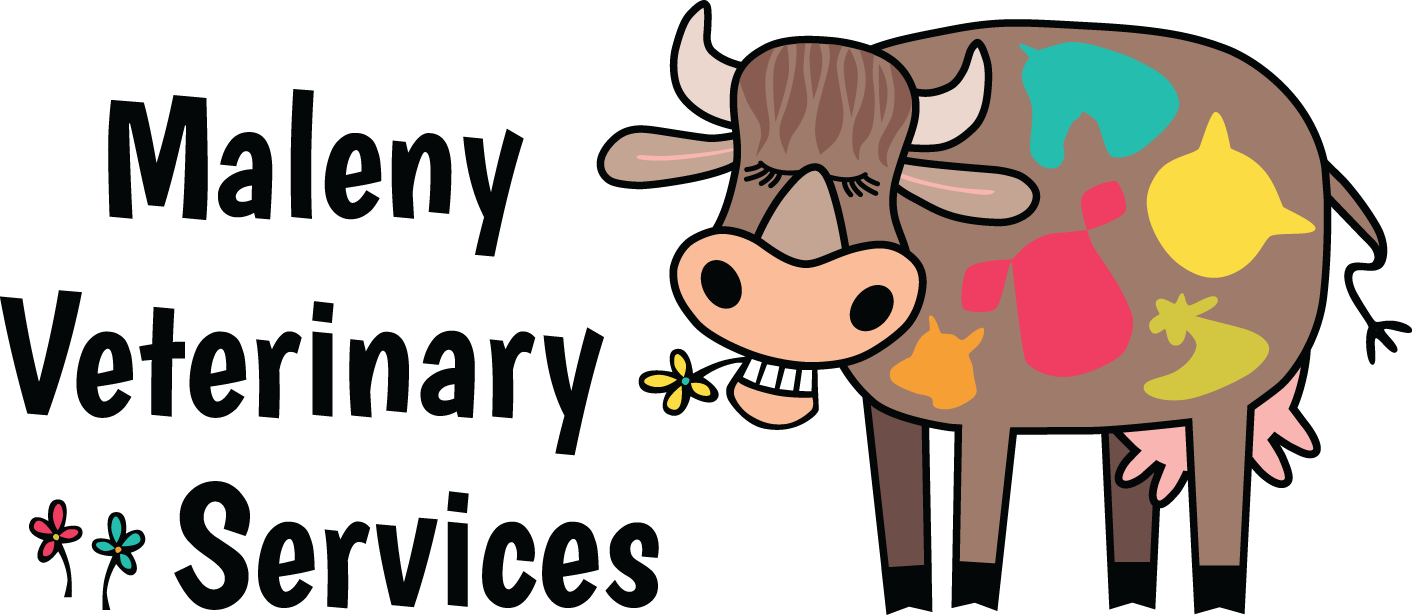Desexing or neutering your pet is a surgical procedure that prevents them from being able to reproduce. In male pets it is commonly referred to as ‘castration’, and in female pets as ‘spaying’. This is the most frequent surgery performed by our vets, and generally your pet is home by the evening of surgery.
Booking your pet’s desexing is easy! Please call us on 07 5494 3622 to chat with one of our friendly receptionists and we will email or post you an obligation-free estimate of the costs, and a summary of the process for peace of mind.
At Maleny Vet Services, we see the positive impact desexing has on both your pet’s health and the wider community every day. But in order to make an informed decision, we understand you need to know all the facts! Below are the answers to some common question we are often asked…
Why is desexing your pet a good idea?
There are many benefits to desexing your pet, including:
- Preventing unwanted and costly litters
- Stopping the ‘heat’ cycle in females
- Decreasing aggression towards humans and other animals, especially in males
- Being less prone to wander, especially in males
- Important health benefits as outlined below
Desexing is not just about preventing unwanted puppies or kittens; it’s also a step toward ensuring your pet lives a long, healthy life. It can even save you money in the long run by reducing the risk of costly health problems in the future.
Females left intact are at risk of reproductive infections and cancers of the uterus, ovaries, and mammary glands. Males left intact are at risk of serious testicular and prostate issues as they age.
When is the best time to desex your pet?
The best time to desex your pet will depend on their species, breed, sex and size.
For cats, desexing after 4-6 months, or when they are around 2kg, suits most.
As a general rule, desexing small dog breeds after 6 months is ideal. However, it’s recommended some small breeds should be desexed after 12 months to ensure proper spinal development.
For large dog breeds, desexing after 12 months is ideal however some in cases it is recommended to wait up to 24 months. This delay ensures proper skeletal development, to reduce the risk of hips and knee issues, and reduces the risk of certain cancers that are common in some large breeds.
What happens on the day of the surgery?
Before the surgery
On the day of surgery, your pet should have no food or water in the morning, so their stomach is empty for the procedure. Upon admission, your pet will undergo a blood test (if you have chosen this option) to check their organ function. Afterwards, we will give your pet a thorough examination and administer a sedative to help them relax and feel comfortable.
During the surgery
An IV catheter will be placed into one of their legs to allow the administration of necessary medications. Once the sedative has taken effect, we will place your pet under general anaesthesia and our highly-skilled veterinarians will perform the procedure. By law, desexed pets receive a tattoo in their ear for identification so this will also happen while they are asleep.
After the surgery
Your pet will be closely monitored by our super nurses in a cozy recovery area – they can even bring a favourite snuggly toy from home if you think this will help them feel more secure! Here they will receive pain relief and when ready, will be given food and water to ensure they are ready to go home. We will provide you with detailed aftercare instructions when you come to pick them up. If you have any concerns when you take them home you can call the clinic or our after hours on-call vet for help.
Within 1-2 weeks, your pet will be back to their normal activity level, and you will have peace of mind knowing you made the best choice for their health and happiness.
If you have any concerns before or after your pet has been desexed, please call us immediately on 07 5494 3622 to discuss.
Should I let my female pet have her first heat before desexing?
No. It is actually better for her not to have any heats before being spayed. Her risk of developing mammary cancer increases if she is allowed to go through her first heat.Will it cause my pet to become fat?
Your pet’s metabolism may be slowed due to hormonal changes after desexing, however this is easily managed with adjusting feeding and ensuring adequate exercise. There is no reason a desexed pet cannot be maintained at a normal weight.Is desexing painful?
As with all surgery, there is some tenderness immediately after the procedure, but most pets will recover very quickly. We administer pain relief prior to surgery and after surgery too. Your pet may be discharged with a short course of pain relief medication to take at home for the first few days after the surgery. In many cases, your pet will likely need some encouragement to take it easy!We are open seven days a week so if you have any questions, please give us a call on 5494 3622 or book online!

